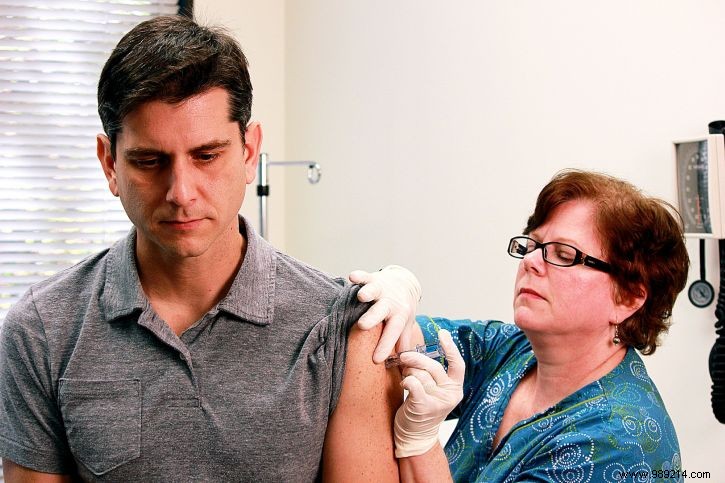How to vaccinate against the coronavirus people who have already contracted the disease? Very recently, the Haute Autorité de Santé (HAS) ruled on this question by publishing its new recommendations concerning the vaccine.
Most people have already contracted the disease induced by SARS-CoV-2 exhibit natural immunity. On the other hand, it is still quite poorly understood and gray areas remain, such as the level of this immunity depending on the person or its duration. Several studies have concluded that the production of antibodies can generate immunity for up to five to eight months.
In our country, the High Authority for Health (HAS) published new recommendations on February 12, 2021. This is an update made to based on current knowledge on immunity to the virus. Following the advice of the French-speaking Infectious Pathology Society (SPILF), HAS recommends vaccination within three to six months following recovery patients. In addition, she recommends the administration of a single dose of vaccine for these former patients.
Remember that originally, vaccines from Pfizer, AstraZeneca or Moderna compulsorily involve two injections at a very specific interval. The first injection actually gives the start of immunity, but the second takes care of really inscribing it over time. It is therefore quite normal that the recommendation to administer a single dose may come as a surprise. In reality, the HAS believes that people who have already been infected for the first time have a certain immune memory and that a single injection of vaccine would thus serve as a booster.

In fact, a person who contracted the virus between three and six months ago could therefore be vaccinated. However, she would receive only one dose, the objective of which would be to reboost immunity and to reinscribe it in time. A second dose would then be considered superfluous. This recommendation is also intended to preserve stocks and optimize the vaccination campaign.
On the other hand, recovered people with immunosuppression should receive two doses. These people who produce no (or few) antibodies must therefore follow the same pattern as people who have never contracted the disease. In addition, the HAS added another recommendation. If a person who received the first injection of vaccine contracts the disease soon after, the second injection should not be given . Here again, the principle of three to six months after recovery will apply.